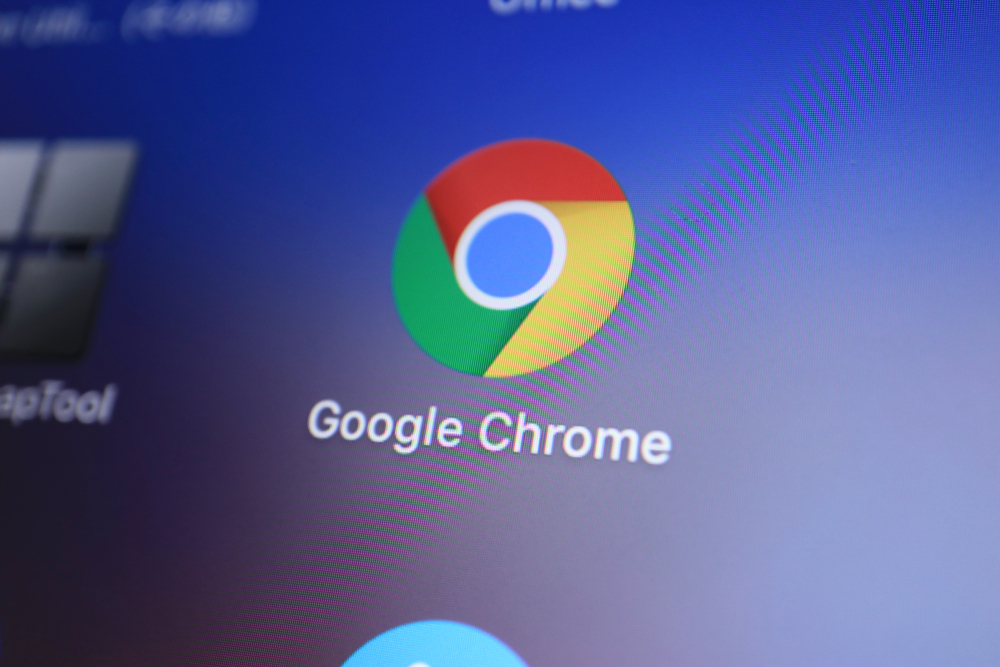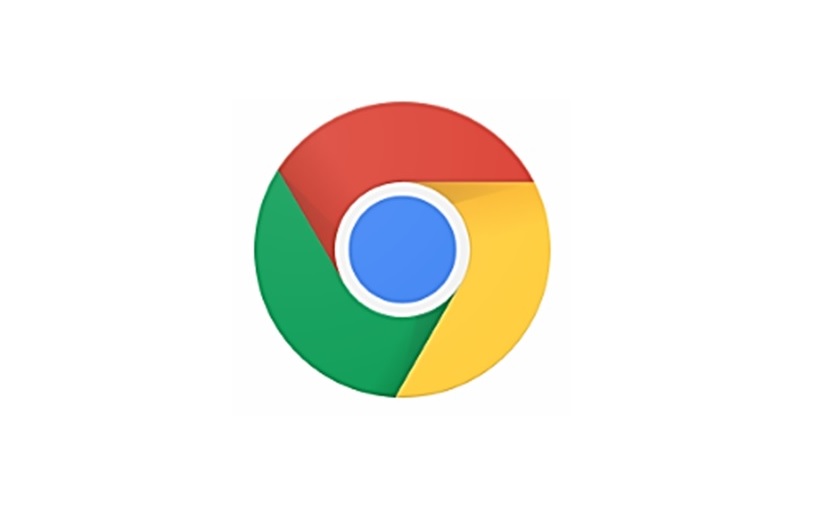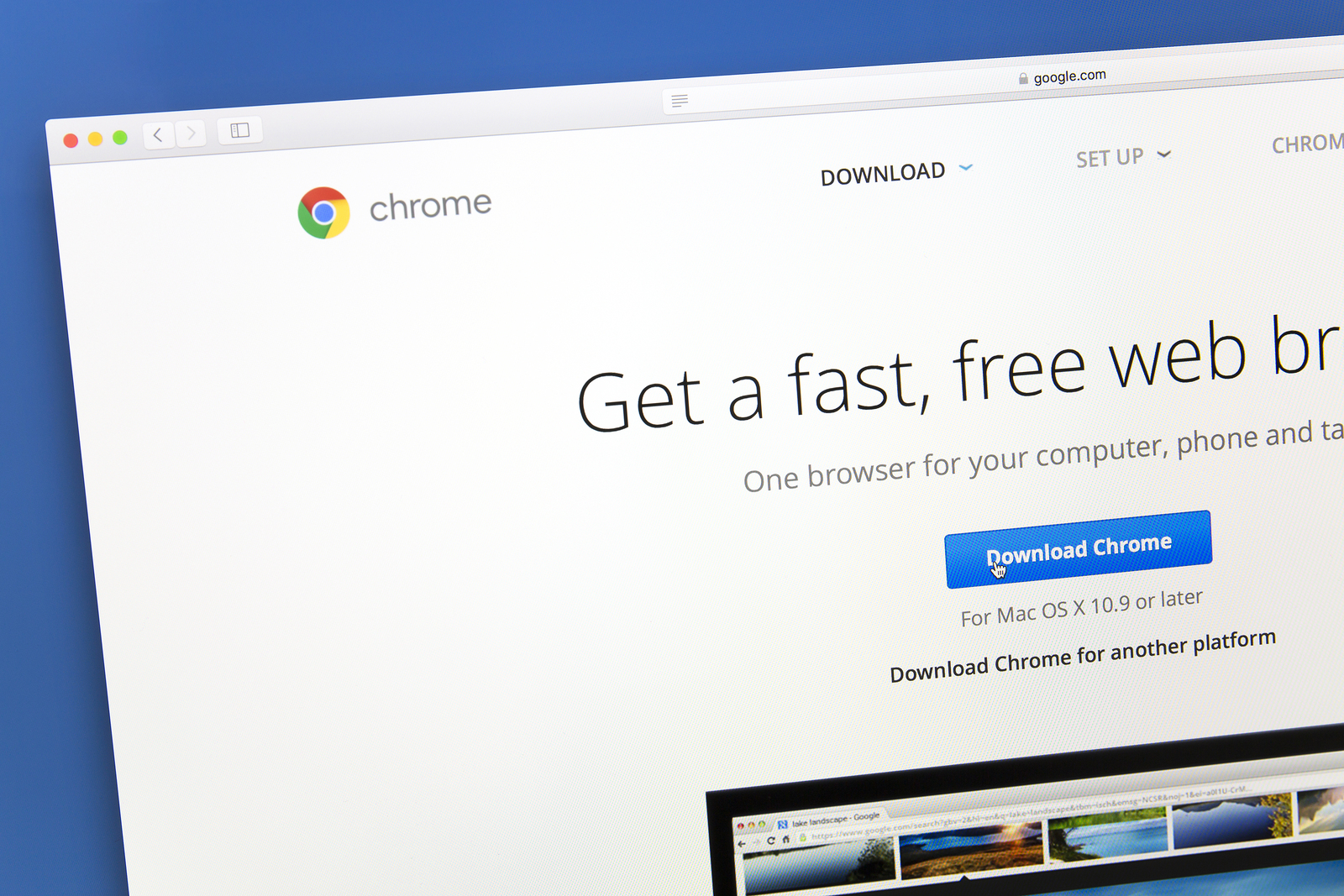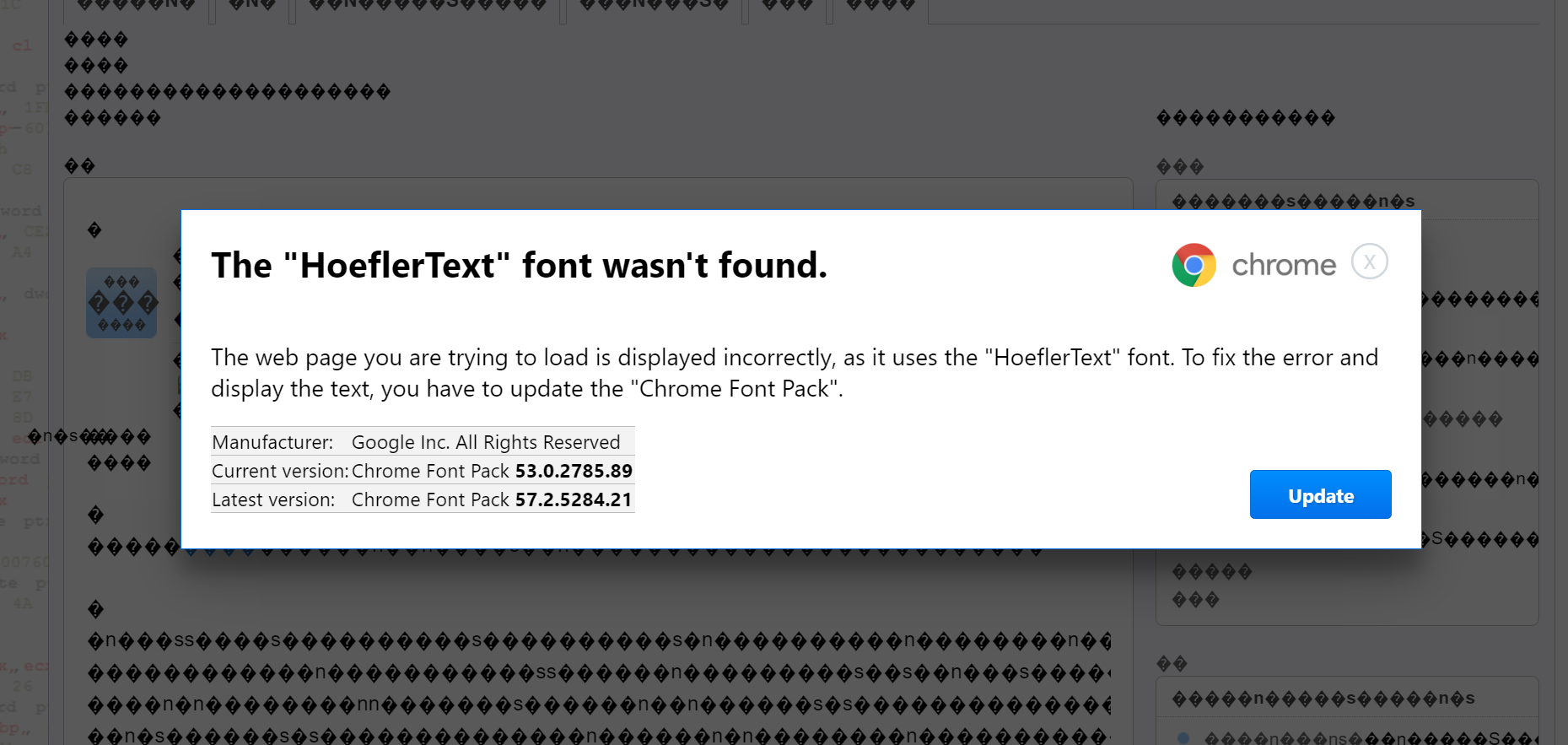Google looks to replace third-party cookies in two years
The online advertising market needs to shift to tracking methods that offer some user privacy, admits Google


Cookies are finally crumbling in Chrome — well, those used by third parties to track you around the web, not Google's own.
Google said it will phase out third-party cookies in its Chrome browser, ending support within two years. Third-party cookies are those used to track people as they move from page to page across the web. They've already been banned and blocked by Mozilla in its Firefox browser, as well as in Apple's Safari.
The cookie announcement is part of wider plans that Google has dubbed its Privacy Sandbox, which it says aims to find new ways to enhance privacy on the web — while still allowing advertising, of course, a fact that has drawn criticism that Google is simply protecting its own interests, not user privacy.
"Our goal for this open source initiative is to make the web more private and secure for users, while also supporting publishers," said Justin Schuh, director of Chrome Engineering, in a blogpost.
Google — which makes the bulk of its revenue from advertising — is taking a different approach to rival browser makers, hoping to find new mechanisms to support behavioural and personalised marketing without third-party cookies before ditching them.
"After initial dialogue with the web community, we are confident that with continued iteration and feedback, privacy-preserving and open-standard mechanisms like the Privacy Sandbox can sustain a healthy, ad-supported web in a way that will render third-party cookies obsolete," Schuh said. "Once these approaches have addressed the needs of users, publishers, and advertisers, and we have developed the tools to mitigate workarounds, we plan to phase out support for third-party cookies in Chrome."
Schuh said trials of new ideas would begin this year, beginning with ways to track conversion and following with personalisation. For example, Google reportedly plans to track conversions by using an API that will send the necessary data from the browser to the advertiser requesting it without sharing any personal data. And, for personalisation, Google is considering ending individual personalisation in favour of smaller groups, such as letting ads be targeted to a clump of people with similar browsing habits or to those who have visited one or more of a group of websites.
Sign up today and you will receive a free copy of our Future Focus 2025 report - the leading guidance on AI, cybersecurity and other IT challenges as per 700+ senior executives
Those pilots will have to be tested for their impact on the internet ecosystem first and Google's own research suggests simply removing third-party cookies slashed publishers' revenue in half. Indeed, Schuh said that blocking third-party cookies outright — as rivals have done — has had "unintended consequences" for the web ecosystem, by which he means the online advertising system and those it supports, such as publishers.
"By undermining the business model of many ad-supported websites, blunt approaches to cookies encourage the use of opaque techniques such as fingerprinting (an invasive workaround to replace cookies), which can actually reduce user privacy and control," he said. "We believe that we as a community can, and must, do better."
The move to ditch cookies was sparked, Schuh says, by user demand for more privacy, which is shown by the rising use of ad-blockers. In the UK, the Internet Advertising Bureau's research suggests 23% of Brits use blockers, a number that has held steady for three years.
Freelance journalist Nicole Kobie first started writing for ITPro in 2007, with bylines in New Scientist, Wired, PC Pro and many more.
Nicole the author of a book about the history of technology, The Long History of the Future.
-
 I couldn’t escape the iPhone 17 Pro this year – and it’s about time we redefined business phones
I couldn’t escape the iPhone 17 Pro this year – and it’s about time we redefined business phonesOpinion ITPro is back on smartphone reviews, as they grow more and more intertwined with our work-life balance
-
 When everything connects, everything’s at risk
When everything connects, everything’s at riskIndustry Insights Growing IoT complexity demands dynamic, automated security for visibility, compliance, and resilience
-
 Google rolls out patch for high-severity Chrome browser zero day
Google rolls out patch for high-severity Chrome browser zero dayNews It's the eighth time this year Google has been forced to address a zero-day vulnerability in its world-leading browser
-
 Google Chrome branded the least effective browser for stopping phishing attacks
Google Chrome branded the least effective browser for stopping phishing attacksNews The world's most popular browser came dead last when compared against competitors
-
 Windows devices targeted by PuzzleMaker malware exploiting Chrome zero-day flaw
Windows devices targeted by PuzzleMaker malware exploiting Chrome zero-day flawNews Chain of vulnerabilities used to attack multiple companies worldwide
-
 Malware found on popular Facebook, Instagram and Vimeo browser extensions
Malware found on popular Facebook, Instagram and Vimeo browser extensionsNews Chrome and Edge extensions laced with malware have already been installed three million times
-
 Google sets a date for Chrome extension privacy revamp
Google sets a date for Chrome extension privacy revampNews From January 18th, developers must be clear about how they're handling user data
-
 Chrome continues HTTP phase-out by removing 'secure' icon from HTTPS sites
Chrome continues HTTP phase-out by removing 'secure' icon from HTTPS sitesNews Changes in 'secure' and 'non secure' icons comprise final steps in plan to make web secure-by-default
-
 Hack on popular Chrome plugin spams ads to one million users
Hack on popular Chrome plugin spams ads to one million usersNews The author says a phishing scam led to the theft of admin credentials
-
 Chrome malware masquerades as 'missing font' files
Chrome malware masquerades as 'missing font' filesNews New hack tricks users into downloading missing fonts loaded with malicious files
